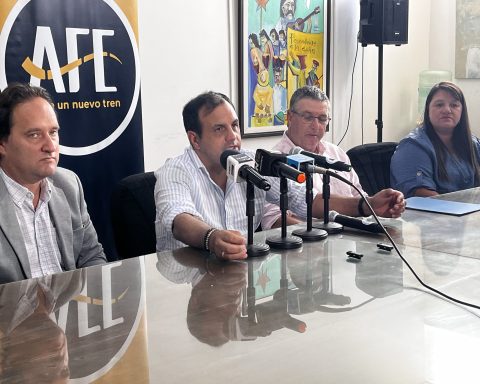
The latest assessment of fiscal projections has revealed that failure to comply with two of the fundamental pillars of the “fiscal rule” is having a considerable impact on the country’s economy. A leading economist has warned of the seriousness of this situation, stating that the deterioration is even more pronounced than was anticipated in previous months and that it will have significant repercussions on the management of the next government.
The analysis carried out by economist Nicolás Cichevski in his column for the newspaper El País, published on Monday 8, has highlighted the violation of two of the three pillars established in the fiscal rule implemented since 2020 by the current administration.
Despite warnings from the Fiscal Advisory Council, which monitors the performance of fiscal accounts, Cichevski has noted that “the level of deterioration is considerably greater than expected months ago.”
Specifically, the structural fiscal deficit is expected to reach 3.4% of GDP by the end of this year, exceeding previous projections that put this figure at 2.6% and 2.9% in previous reports. It is crucial to remember that the fiscal rule sets a limit of 2.8% of GDP.
This situation has been triggered by a significant increase in public spending in real terms, which has reached 4.8% of GDP. This increase is not only attributed to factors such as disinflation or lack of room for manoeuvre, as the economist warns in his article.
What is the fiscal rule that Lacalle Pou introduced in his government?
The “fiscal rule” introduced by the government of Luis Lacalle Pou in 2020 is a regulatory framework designed to establish limits and conditions in the management of public finances with the aim of guaranteeing long-term fiscal sustainability and stability. This rule seeks to control the fiscal deficit and public debt through mechanisms that restrict indebtedness and public spending.
In general terms, the fiscal rule involves setting specific limits on the growth of public spending and government borrowing, in proportion to the size of the economy. It establishes clear parameters that those responsible for fiscal policy must comply with, in order to avoid financial imbalances that could jeopardize macroeconomic stability.
In the specific case of the Luis Lacalle Pou government, this fiscal rule became a fundamental tool to guide the vision of the country’s economic and fiscal policy during this government term, with the purpose of containing the deficit and public debt, thus promoting a more responsible management of fiscal resources and avoiding deviations that could compromise the financial health of the State in the long term.

















